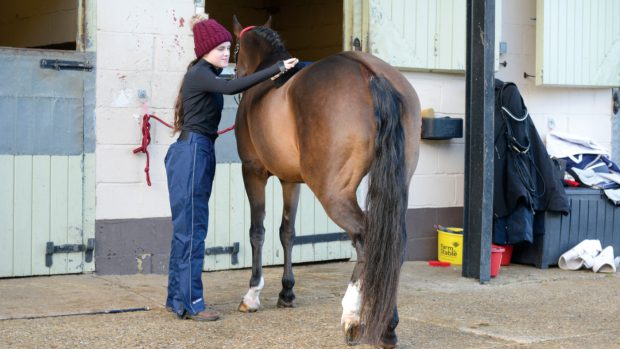More articles on equine businesses
Find a stud
Q: My father has always enjoyed racing and owns a number of racehorses. He has decided he would like to retire the mares to stud.
He is proposing to buy a stud property and integrate my eventing into the business. We have been told a stud is tax-efficient for protecting death duties. Is this correct?
NT, Suffolk
A stud farm is considered to be “farming” or “agriculture” for tax purposes and can therefore escape all death duties or inheritance tax (IHT) if structured correctly, according to chartered accountant Julie Butler of Butler and Co.
“However, the stud farm must be commercial — there must be both sales and advertising of youngstock,” she advised.
“Recent guidance from the tax office states that the relief will not be available for ‘a rich man’s hobby which is not carried out for gain’.
“The IHT reliefs available are agricultural property relief [APR] and business property relief [BPR], which leads on to your eventing interests.
If these are commercial and run as a business, this will help in the claim for BPR,” Julie said.
“Eventing is not agriculture in tax terms, whereas breeding is. If your eventing interests are substantial in relation to the stud farm, these private activities could put the IHT reliefs
at risk.
“There can be considerable tax advantages of a stud farm and it would be worthwhile taking professional tax advice before moving the idea forward.”
Information
Butler and Co, tel: 01962 735544 www.butler-co.co.uk
This article was first published in Horse & Hound (17 December, ’09)
Looking for more articles on equine businesses?
Find a stud near you




